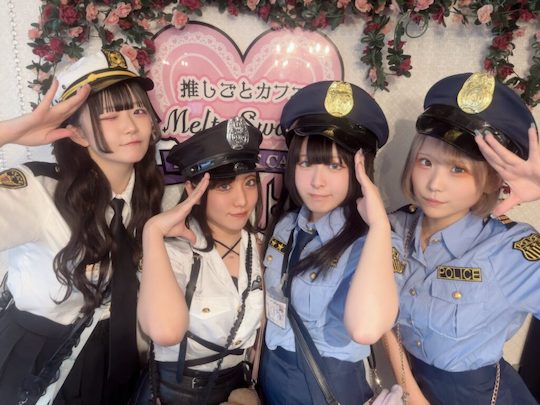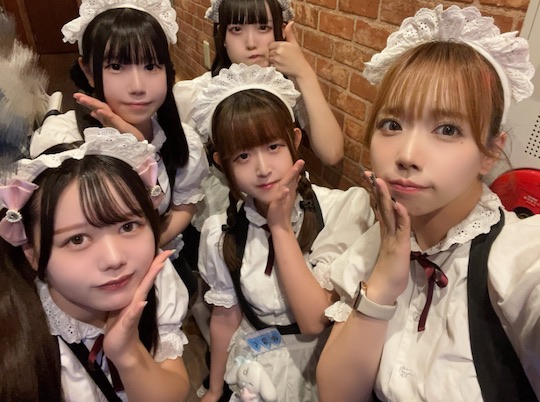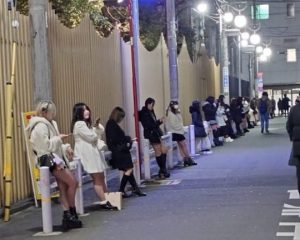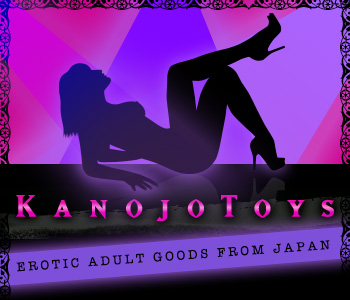Police crack down on concafes in Osaka over legal violations
There has been much in the news recently about concept cafes in Japan. Concept cafes, also known as concafes, provide an experience based on a specific theme.
In the same way that a girls’ bar is a “lite” version of a hostess bar, a women’s concafe is like a host club without the eye-watering prices or nighttime reputation. Though there are plenty of female-staffed concafes that operate like a maid cafe with another character instead of maids, the establishers that have attracted media and police attention so far have been concafes run by men and aimed at women.

Common cosplay themes include butlers, private school students, and (ironically) police officers.
Just as host clubs have attracted controversy for allowing female patrons to rack up debts and then coerce them into prostitution to pay off their debts, concafes are criticized for targeting vulnerable women. Cases of coercion from male staff have even led to arrests.
Host clubs and concafes are blamed for the rise in papakatsu (compensated dating with a sugar daddy) and street walkers in places like Okubo Park, which is probably unfair and a gross simplification (the general socioeconomic factors are surely bigger — when the price of rice has doubled in a year, it’s hardly a surprise that young people resort to other means to make money).

Now the Mainichi reports that police are watching concafes closely for signs of illegality in Osaka, where the electronics shopping district of Nipponbashi (not to be confused with Tokyo’s Nihonbashi) is home to a 100 concafes.
Police are looking to crack down on concafes because they often only operate as a food establishment, without a license under the adult entertainment law (which despite the name, covers various kinds of businesses where the exchange is a parasocial exchange, such as conversations between customers and staff in a private booth, and also games, dancing, and performances).
So why wouldn’t concafes bite the bullet and get both licenses? Because the amusement business law prohibits establishments from operating after midnight or allowing entry to minors. If a cafe officially operates as just a restaurant, it can evade these restrictions. There are even fears that dubious host clubs might seek to hide their operations by adopting the camouflage of a concafe.
On May 21, Osaka Prefectural Police announced the arrest of people including a concept cafe owner and manager on suspicion of violating the amusement business law by having male staff members entertain customers without obtaining the necessary permits. The owner operated multiple establishments in the downtown area of Osaka’s Chuo Ward close to Ota Road. A senior Osaka police official explained, “Although registered as a cafe, it appears they illegally provided entertainment services such as male staff drinking and chatting intimately with patrons in private booths.”
This crackdown comes immediately after an amendment to the amusement business law passed the House of Representatives on May 20. Prompted by recent problems involving female customers at host clubs accruing massive debts, the revised legislation toughens penalties against businesses operating without permits, including host clubs and cafes. Except for some specific measures, this amendment will generally be implemented one month following its official promulgation.
The crackdown has been ongoing since at least last year, prompted by concerns over street touts and concafes that were flouting the law.
In September 2024, Osaka police arrested an operator of another concept cafe and others in Chuo Ward for similar violations. At that cafe, female staff slapped customers’ cheeks — a service billed as “face slaps” — for 500 yen (roughly $3.50) per slap. After the arrest, the operator admitted, “We didn’t obtain relevant permits because the restriction would prevent us from operating late-night hours, hurting our sales.”
Street solicitation has also become problematic. Naniwa Police Station, overseeing Ota Road, received approximately 200 complaints in 2024 alone criticizing cafe employees’ aggressive sales tactics. In January 2025, police issued official instructions to about 50 cafes to comply strictly with regulations.
Lawmakers have also stepped in to address the moral panic about host clubs and concafes. In May, an amendment to the amusement business law passed the House of Representatives, toughening penalties against businesses operating without permits. It will be implemented a month after promulgation, so expect more arrests in the coming months.

An official warned, “We will strengthen the crackdown on unlicensed concept cafe operations.”















1 Comment
Glad the author pointed out the fact that the new generation of girls working the trade isn’t just about going to Host Bars.